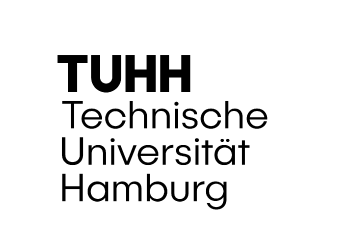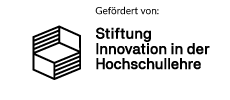Social Sustainability
Social Sustainability
- SDG 16 – Frieden, Gerechtigkeit und starke Institutionen
- Vertiefung
- 2 ECTS
- 60 h
- Online – Selbstlernangebot
- kostenlos
#sustainability, #socialsustainability, #ethics, #technology
Das wirst Du lernen
After you have completed the course successfully, you will be able to:
(a) understand the concept of social sustainability with its relations to the SDG framework on one hand, to philosophical discussions on freedom and equality on the other hand;
(b) apply your conceptual knowledge to fictional and real-world scenarios and thereby
(c) develop your own conceptual framework (or “toolbox”) to integrate technological advancement with social responsibility – hopefully useful for your own professional work.
Damit wirst Du Dich beschäftigen
In particular, you will engage with…
- the concept of (social) sustainability
- the SDGs as a concrete plan to make societies more sustainable
- philosophical discussion on freedom and equality
- the social impact of technologies
So ist Dein Kurs aufgebaut
Section 1 introduces the general concept of social sustainability: What does it mean for a society to be sustainable?
Section 2 explores how the SDGs aim to provide a global framework for building sustainable societies.
Next, we delve into a crucial insight: you can’t meaningfully discuss social sustainability without engaging with philosophical concepts.
Section 3 therefore examines different conceptions of freedom: What does it mean to be free as a human being? And how does this freedom contribute to a thriving, sustainable society?
Section 4 focuses on the concept of equality: What does it mean to treat people equally? And why might ensuring equality sometimes require treating people differently?
So lernst Du
This is an online self-learning course where you can work in your own tempo. We do not want you to just consume information, but to engage with the concepts in a way that is meaningful by connecting them to your own personal and professional life. Therefore, during each section, we try to activate your own thinking through different tasks: We use fill-in-the-blanks texts at the end of sections so you can check your understanding of the concepts, but overall we have put a big emphasis on free-text tasks to give you the room to reflect on and apply the concepts we present to you. At the end of the course, there will be one short mandatory multiple-choice test, which you will need to complete successfully to pass.




